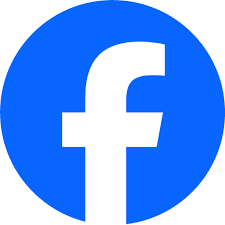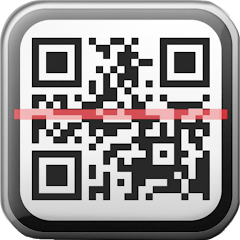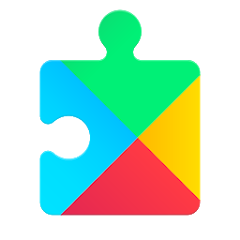Facebook, one of the most widely used social media platforms globally, offers a range of features that cater to personal and professional interactions. While it has significant advantages, it also presents several drawbacks that users should be aware of.
Advantages of Facebook
- Extensive Networking Opportunities:
Facebook excels in connecting people from all walks of life, allowing users to maintain relationships with friends, family, and colleagues. The platform facilitates networking through various features such as groups, events, and pages, making it easy for users to find and engage with communities based on shared interests.
- Free and Accessible:
As a free platform, Facebook is accessible to a vast audience. Users can create accounts without any financial commitment, enabling them to share life updates, photos, and videos with their networks. This accessibility has contributed to its widespread popularity.
- Business Promotion and Marketing:
Facebook serves as a powerful tool for businesses to reach potential customers. Companies can create pages to promote their products or services, engage with audiences through targeted advertising, and gather valuable insights through analytics. This capability makes Facebook an essential platform for both small businesses and large corporations.
- Diverse Content Sharing:
Users can share various types of content on Facebook, including text posts, photos, videos, and live streams. This versatility allows individuals and brands to tailor their messaging to suit their audience’s preferences, enhancing engagement and interaction.
- Entertainment and Community Engagement:
Facebook offers numerous entertainment options such as games, quizzes, and videos. Additionally, the platform fosters community engagement through groups where users can discuss topics of interest or support causes they care about.
Disadvantages of Facebook
- Privacy Concerns:
Facebook has faced numerous controversies regarding user privacy and data security. Users often worry about how their personal information is collected, stored, and shared by the platform. High-profile data breaches have raised significant concerns about user safety.
- Addiction Potential:
The design of Facebook encourages prolonged use, which can lead to addiction. Many users find themselves spending excessive amounts of time scrolling through their feeds, which can negatively impact productivity and personal relationships.
- Spread of Misinformation:
Facebook has been criticized for its role in disseminating misinformation and fake news. The platform’s algorithm often prioritizes sensational content over factual reporting, which can mislead users and contribute to societal polarization.
- Cyberbullying and Harassment:
The anonymity provided by Facebook can lead to negative behaviors such as cyberbullying and harassment. Users may face abuse from others on the platform, which can have serious emotional consequences.
- Algorithm Limitations:
The Facebook algorithm determines what content users see in their feeds based on engagement metrics. This system can result in important posts being overlooked while less relevant content gains visibility, leading to frustration among users trying to stay informed.
In summary, while Facebook offers valuable networking opportunities and diverse content-sharing capabilities, it also presents challenges such as privacy concerns and the potential for addiction. Users should navigate these pros and cons carefully to make the most of their experience on the platform.













